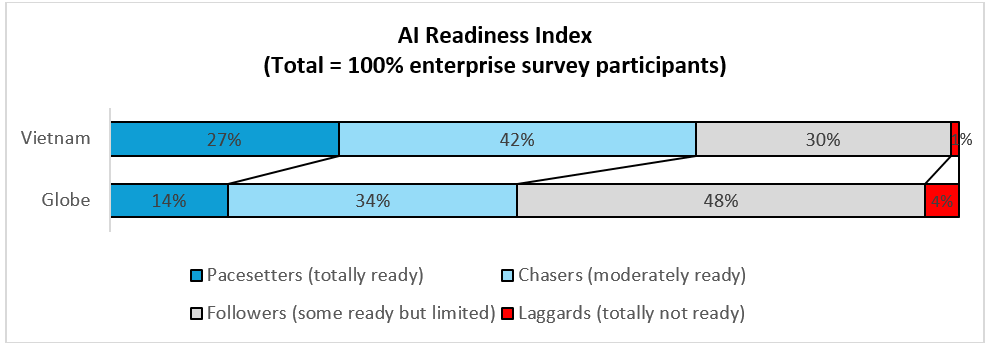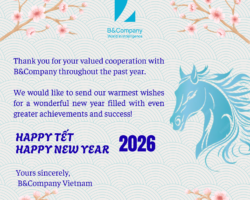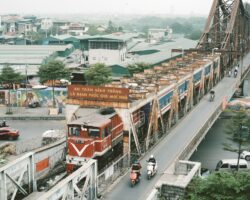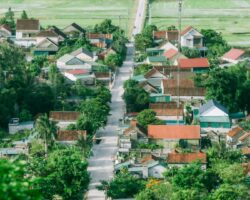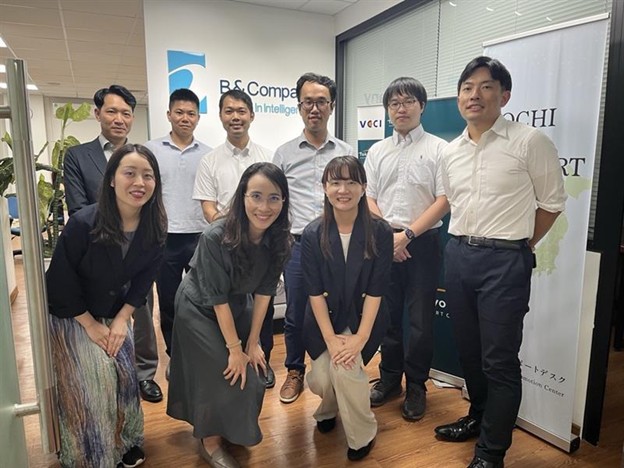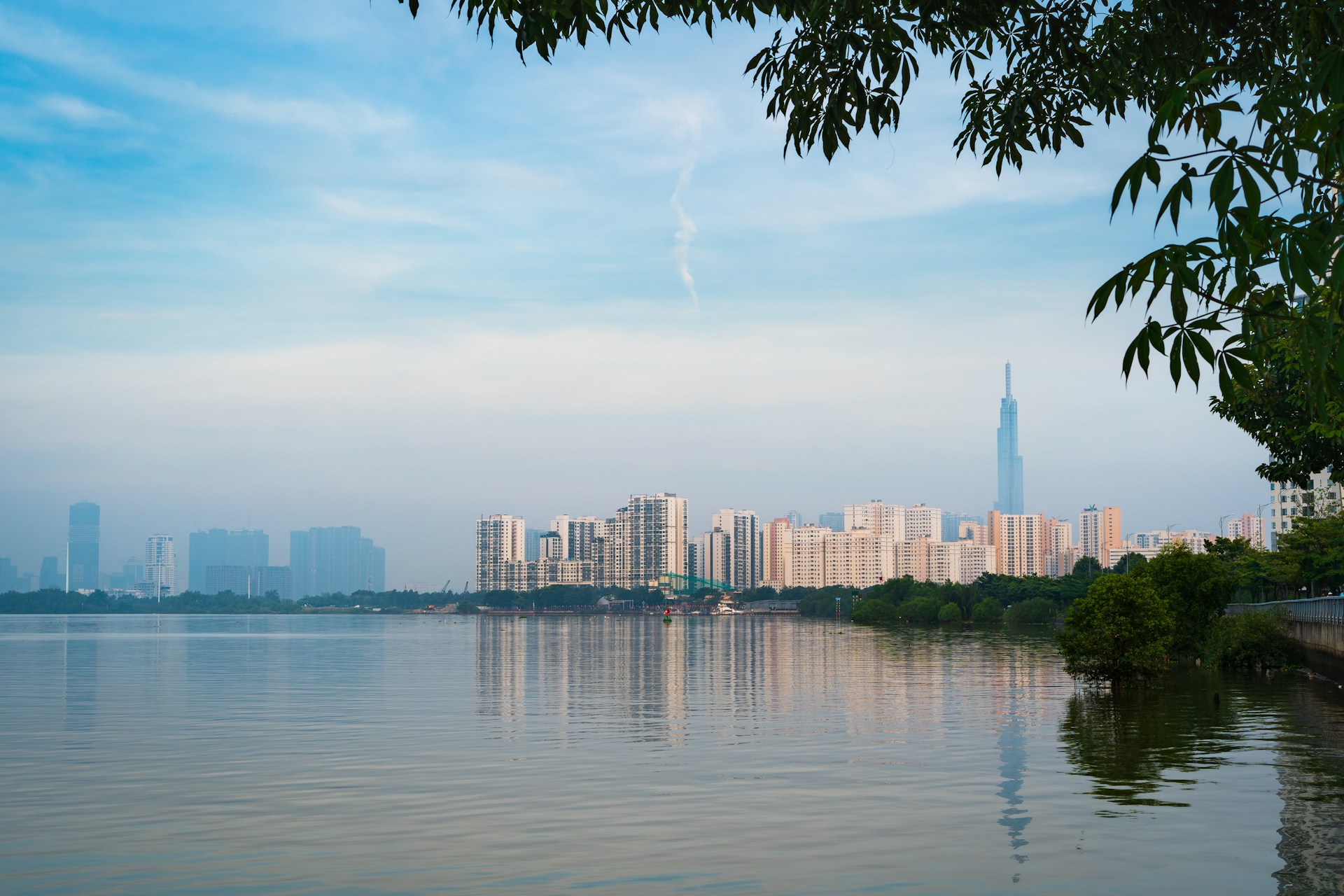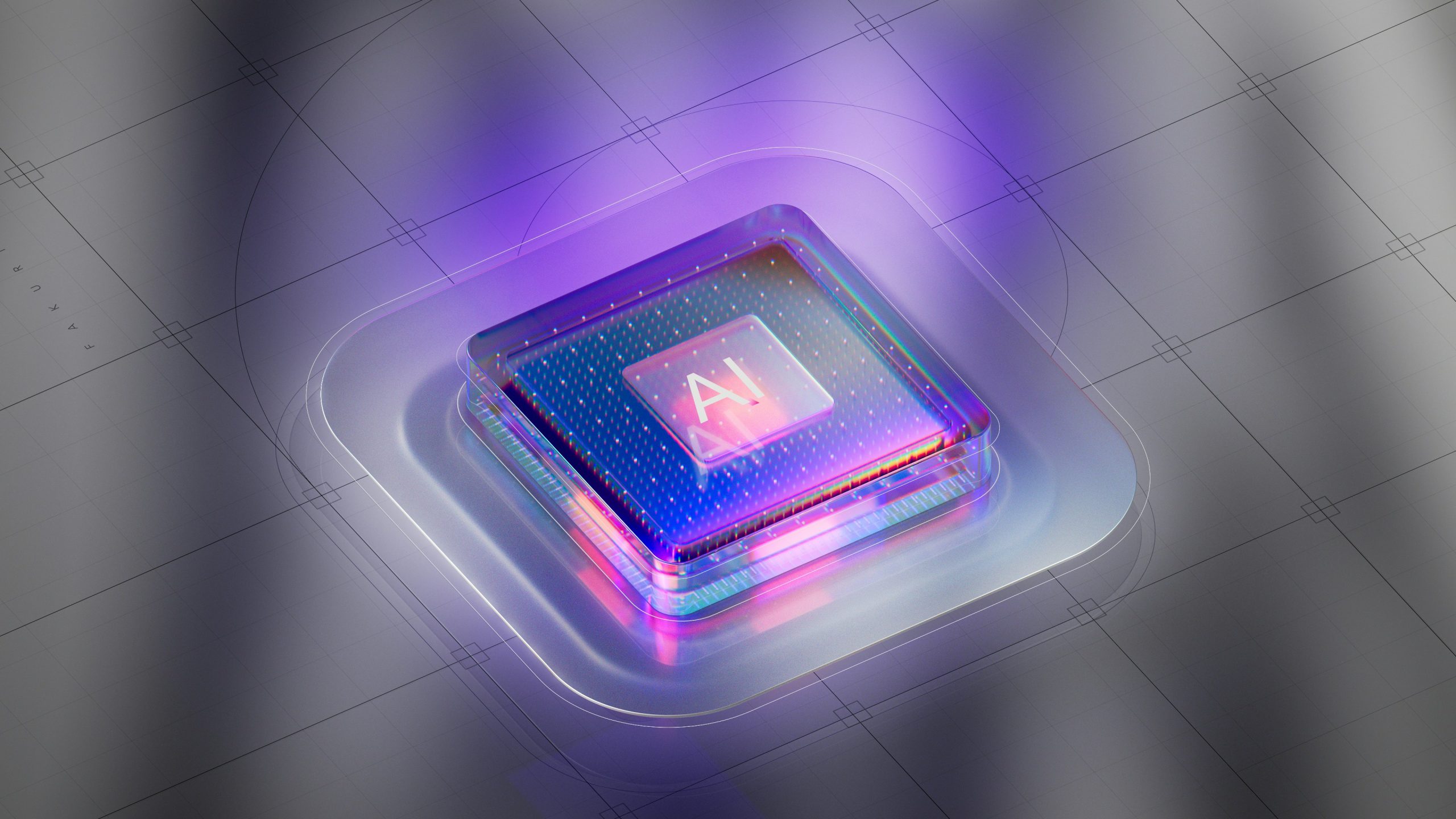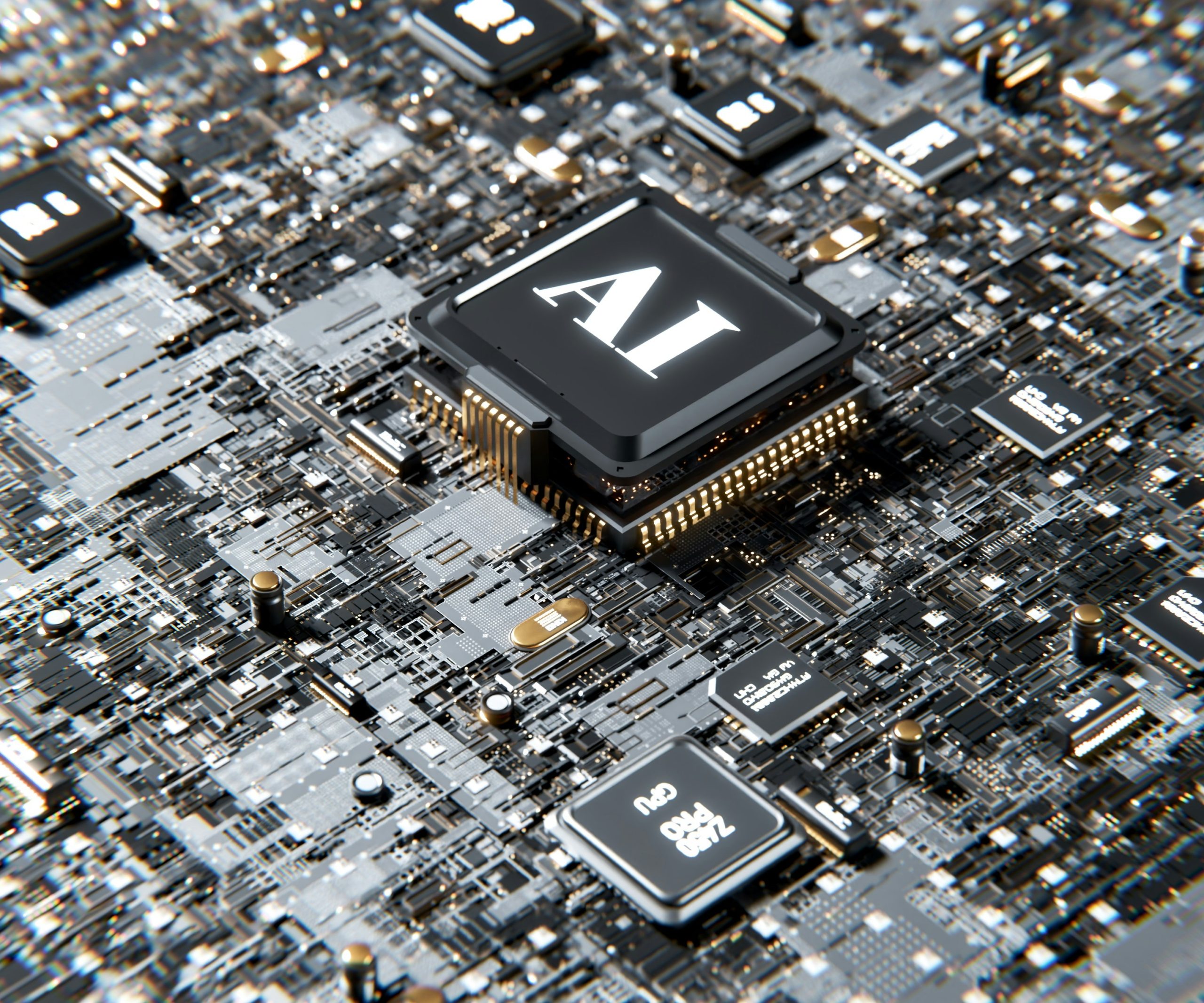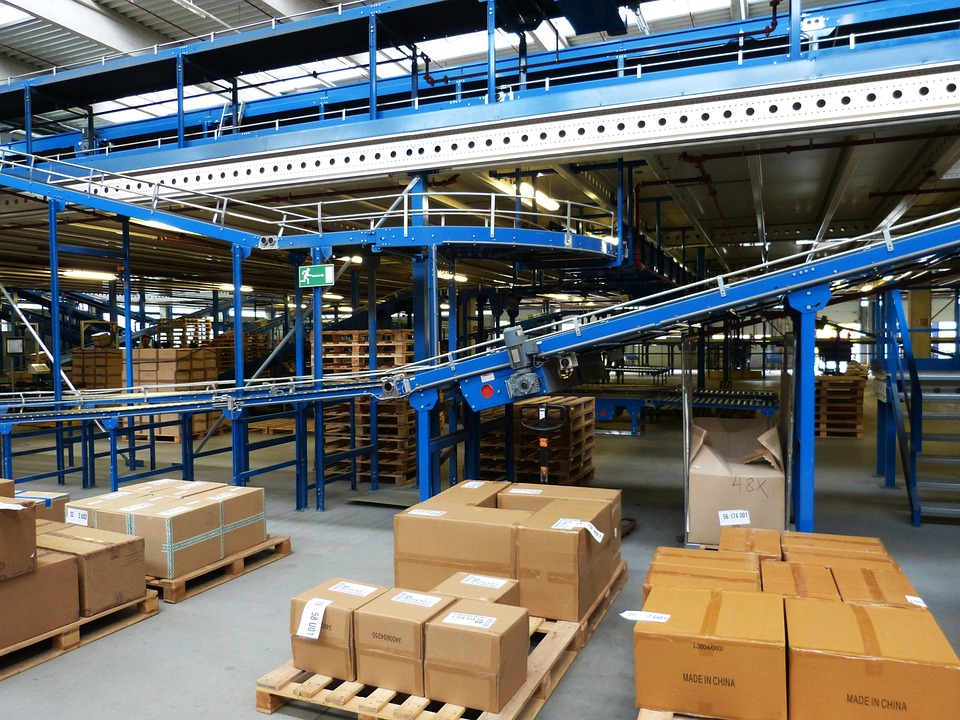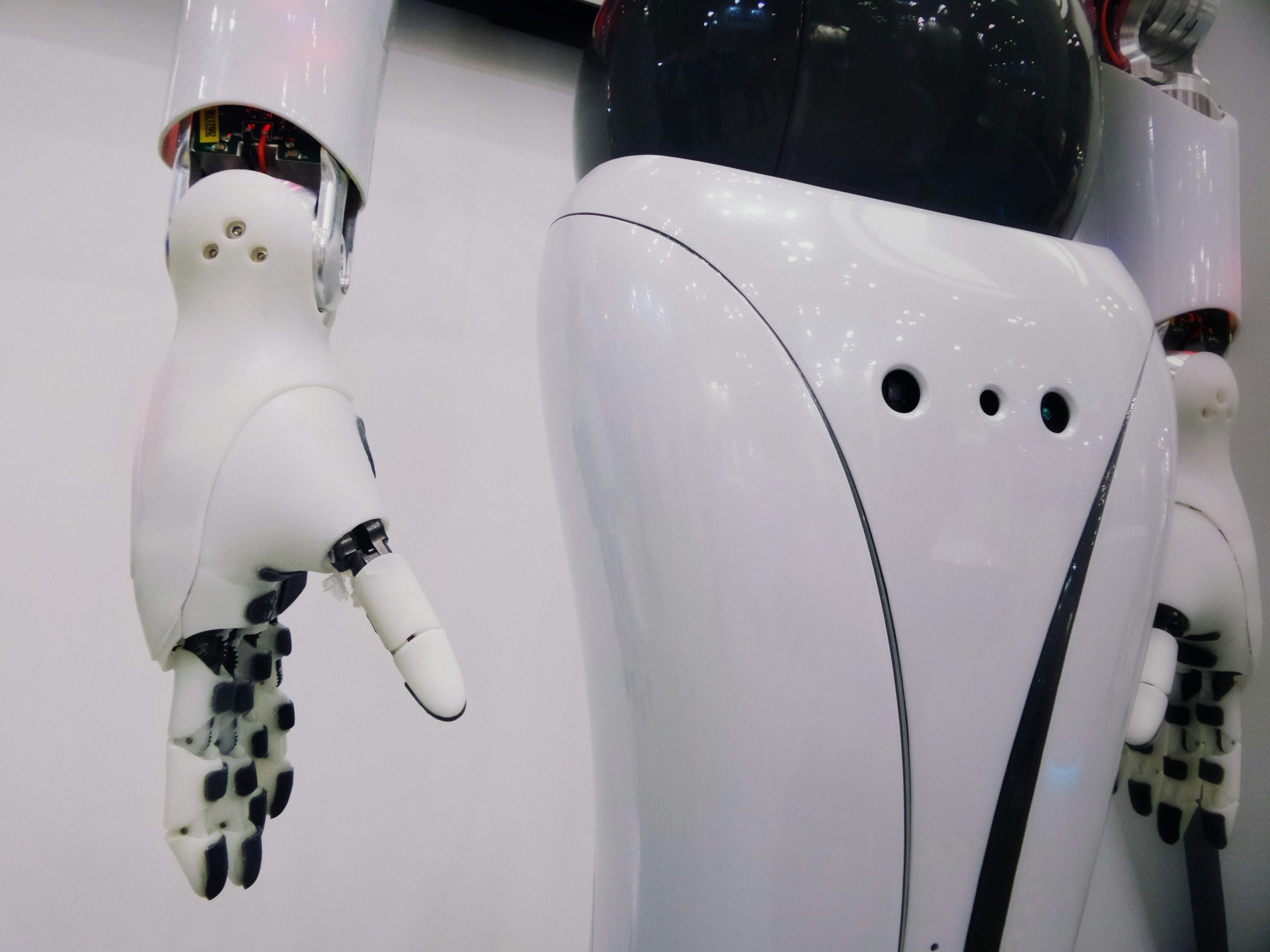
0412월2024
최신 뉴스 및 보고서 / 베트남 브리핑
댓글: 댓글 없음.
베트남의 AI 잠재력
지난 몇 년 동안 AI는 여러 사회 경제적 측면에 큰 영향을 미치는 하나의 핫 토픽으로 부상했습니다. AI는 일과 사업을 위한 새로운 강력한 도구를 제공할 뿐만 아니라, 작업 구조를 바꾸거나 심지어 인간 노동을 대체하는 것과 같은 많은 예측을 가져왔습니다.
베트남에서 AI는 아주 일찍부터 정부의 주목을 받았습니다. 2021년 1월, 2030년까지의 AI 연구, 개발 및 응용을 위한 국가 전략이 발표되었는데, 이는 베트남이 "선도적인 AI 연구, 개발 및 응용 분야에서 ASEAN 국가 중 상위 4위, 전 세계 상위 50위"가 되는 중요한 목표를 지적합니다. 국제 보고서도 베트남을 AI 성장 잠재력이 높은 것으로 평가합니다. 특히 Oxford Insights가 작성한 "정부 AI 준비 지수" 보고서는 베트남을 5위로 평가했습니다.일 동남아시아 및 59일 전 세계 193개국 중 높은 점수를 받았습니다. 정부, 인프라 및 데이터 구성 요소, 반면 기술 아직 완성되지 않았습니다.
| 베트남 지수 | 글로벌 랭킹 | 총점 | 정부지수 | 기술지수 | 인프라 및 데이터 인덱스 |
| 2023 | 59 | 54.48 | 69.04 | 37.82 | 56.58 |
| 2022 | 55 | 53.96 | 66.77 | 39.18 | 55.93 |
| 2021 | 62 | 51.82 | 70.81 | 32.78 | 51.87 |
| 2020 | 76 | 42.82 | 39.00 | 29.77 | 59.70 |
원천: Oxford Insights 정부 AI 준비 지수 보고서
시스코가 제작한 민간 부문의 AI 준비 지수를 측정한 또 다른 보고서도 베트남 기업이 세계 평균보다 더 준비가 되어 있다는 것을 보여줍니다. 베트남이 제안된 목표를 달성하는 데 올바른 길을 가고 있다는 것은 말할 나위가 있습니다.
실제 준비 상황
그럼에도 불구하고 속도는 직접적이고 포괄적으로 평가되어야 합니다. 공공 및 민간 부문에서 여러 활동이 요청되고 배치되었고, ChatGPT, Gemini 등과 같은 오픈 AI 소스에 대한 최종 사용자의 높은 수용성에도 불구하고, 베트남의 AI는 거의 4년이 지난 지금도 여전히 시범 단계 또는 개별 활용에 머물러 있으며, 특정 제품이 대량으로 적용되지 않았습니다. 또한 적용 수준은 다른 지리적 지역(성별)과 전문 산업 간에 큰 격차를 보입니다.
2024년 10월에 실시한 최신 연구 프로젝트에서 B&Company Vietnam은 베트남의 여러 정부 기관과 AI 솔루션 개발자를 인터뷰하고 논의했습니다. 이를 통해 향후 베트남에서 AI 성장을 위한 준비된 구성 요소와 동인에 대한 몇 가지 주요 평가가 이루어졌습니다.
– 측면에서 통치, 베트남 정부는 아주 초기부터 AI를 촉진하기 위한 일반적인 방향을 보여주었습니다. 그러나 지금까지 사이버 보안법이나 개인정보 보호령과 같은 일부 관련 규정 외에 AI를 다루는 공식 법률은 없었습니다. 이는 회색 지대를 만들어냅니다. 한편으로는 기업이 새로운 기술이나 솔루션을 연구하는 데 명확한 장벽이나 경계에 직면하지 않습니다. 다른 한편으로는 가능한 변화나 미래의 시행을 고려해야 합니다. 인터뷰한 전문가들은 베트남이 금지하거나 제한하는 대신 AI에 유리한 완전한 법적 틀을 점진적으로 확립할 것이라는 공통된 의견을 공유합니다.
불완전한 규제 체계 외에도 AI 국가 전략의 구현은 여러 지역에 상당히 분산되어 있습니다. 그 중 호치민시는 여러 측면에서 주도적인 역할을 해왔습니다.예를 들어, 2020-2030년 호치민시의 "AI 응용 프로그램 연구 및 개발" 프로그램에 대한 법령 575/QD-UBND, AI를 포함한 8개 전공을 강조하는 "국제적으로 자격을 갖춘 HR 및 공유 대학을 위한 교육 및 훈련 프로그램의 기본 계획"에 대한 법령 2426/QD-UBND, 2025-2030년까지 호치민시에서 연구에서 실험 및 사회적으로 광범위한 시범에 이르기까지 AI 연구 개발을 촉진하는 계획 6497/KH-UBND, 공유 AI 데이터베이스 구축 및 운영 등을 포함)부터 컨퍼런스, 콘테스트, 인큐베이터 등을 조직하는 것까지 말입니다.하노이 수도는 디지털 개발 및 AI 응용 프로그램을 포함하여 하노이의 스마트 시티를 건설하는 것에 대한 계획 57/KH-UBND를 발표하여 주도권을 잡고 있으며 AI 컨설팅 위원회를 구성할 계획입니다. 그럼에도 불구하고, 모든 조치는 아직 준비 단계에 있으며 실제 결과가 나오려면 적어도 3~5년이 걸릴 것이고, 먼 지역이나 벽지의 전문 부서에 도달하려면 더 많은 시간이 걸릴 것입니다.
– ICT 인프라 베트남에서는 인터넷 연결, 광대역폭, 클라우드 서비스 등의 접근성과 소프트웨어가 AI 애플리케이션에 매우 적합하다는 평가를 받고 있습니다. 민간기업은 명확한 제한 없이 자사의 요구를 충족시키기 위해 현지 또는 국제 서비스 공급자를 선택할 자유가 있습니다. 반대로, 서버, 높은 컴퓨팅 파워를 갖춘 GPU, 강력하고 빠른 용량과 같은 하드웨어 인프라는 여전히 국제 공급업체에 크게 의존하고 있습니다. 이러한 상황은 하드웨어 업그레이드에 필요한 거대하고 지속적인 투자 외에도 AI 개발자에게 가장 어려운 문제입니다.
베트남 정부는 또한 디지털 사회 경제 전반과 특히 AI 응용 프로그램을 위한 인프라를 단계적으로 개선하기 위한 프로그램을 발표했습니다. 예를 들어, 호치민시는 2030년까지 디지털 전환 및 AI를 위한 인프라를 구축할 계획이지만, 이러한 계획은 실제 구축에 들어가기 전에 아직 승인을 기다리고 있습니다. 게다가, AI 인프라에 대한 요구 사항은 각 산업별로 구분됩니다. 예를 들어, 의료 분야는 인체 검사를 수행하기 위해 많은 정밀 장비와 로봇이 필요할 수 있고, 농업 분야는 자연 날씨, 공기, 토양 등의 정보를 수집하기 위해 위성 장치와 이미지를 동원해야 합니다. 이러한 요구 사항은 각 산업의 특성과 현재 개발 중인 특정 솔루션에 따라 크게 다르며, 현지 시장에서는 현재 충족시킬 수 없는 사항일 수 있습니다.
– 문화와 인간, 일부 제한에도 불구하고 베트남에서 AI를 개발하는 데 큰 원동력으로 간주됩니다. 현재 베트남에는 여전히 AI 전문가와 전문 인력이 부족합니다. 당국과 국제 기구의 데이터와 통계에 따르면 베트남은 현재 전국에 100만 명 이상의 ICT 인력이 있지만 AI 관련 분야에서 일하는 사람은 700명에 불과하며 그 중 300명이 전문가 수준입니다(세계 지식 재산 기구 - WIPO에 따름). 전 세계적으로 AI 관련 분야에서 공부하고 일하는 베트남 사람은 총 1,600명입니다. 이 숫자는 매우 적으며 수요의 10%만 충족한다고 합니다. AI 전공에 대한 모든 현지 교육과 훈련이 최근에 시작되었지만 베트남이 전문 AI 인력을 배출하는 데는 4~5년이 걸릴 것입니다. 이러한 젊고 적극적이며 하이테크에 적응할 수 있는 노동력은 베트남에 엄청난 이점이 될 것입니다.
다른 관점에서 보면, AI 대중화는 인간 노동을 줄이거나 대체할까봐 두려워합니다. 그러한 감정은 실제로 일부 근로자, 특히 AI를 도입할 잠정적인 일정이 있는 조직에서 현실적입니다. 그러한 경우 중복되거나 더 높은 기술이 필요한 직책이 생길 것입니다. 그러나 지금 당장은 그러한 시나리오가 모호하고 존재하지 않는 것처럼 보이는 반면 AI는 아직 대량 적용과는 거리가 멉니다. 현재 AI는 작업을 손쉽게 만들고 수동 반복 작업을 완화하기 위한 많은 기대를 안고 있습니다. 일부 장벽은 새로운 기술로 변경하기 위해 오래되고 익숙한 방법을 없애는 것을 꺼릴 수 있는 전문 근로자와 AI의 정확성과 신뢰성에 대한 회의론 사이에 존재합니다.
– 데이터 AI 개발자에게 가장 큰 장애물로 여겨진다. 국가 디지털화 5년이 지난 지금도 베트남의 대부분 산업 데이터는 여전히 단편화되고 분산되어 있으며 원시 형태로 저장되어 있으며 완전히 디지털화되지 않았으며 AI 교육 모델에 입력할 준비가 되어 있지 않다. 따라서 AI 개발자는 가능한 모든 적격 소스를 결합하고 활용하여 원시 데이터를 수집한 다음 단계별로 처리하는 등 더 많은 작업을 수행해야 한다. 베트남이 디지털 변환 수준이 더 높은 다른 선진국과 비교할 때 AI의 잠재력을 최대한 발휘하는 데 데이터가 핵심이 될 수 있다. 현재 속도로는 베트남의 데이터가 다른 산업과 지역 간에 디지털화되고 동기화되어 AI에 대비되는 데 또다시 오랜 시간이 걸릴 수 있다.
단기 예측
AI의 중력과 잠재력은 의심할 여지가 없습니다. 또한 기술 혁명과 디지털화의 자연스러운 결과이기도 합니다. 정부가 제안한 방향과 로드맵을 통해 향후 5년(2030년까지) 동안 베트남이 AI 개발 및 적용을 위해 적당히 준비된(인프라, 문화, 인간, 데이터, 거버넌스 측면에서) 비전을 상상할 수 있으며, 이후 속도를 높이기 위한 좋은 모멘텀을 남길 수 있습니다. 그럼에도 불구하고 관련 당사자는 실시간 연구 및 업데이트와 함께 진행 상황을 매우 면밀히 주시하고 모니터링하여 시장과 경제의 실제 상황에 맞춰 즉각적인 정책과 대응을 제때에 수립할 수 있어야 합니다.
| 주식회사 비앤컴퍼니
2008년부터 베트남에서 시장 조사를 전문으로 하는 최초의 일본 기업입니다. 업계 보고서, 업계 인터뷰, 소비자 설문 조사, 비즈니스 매칭을 포함한 광범위한 서비스를 제공합니다. 또한, 최근 베트남에서 900,000개 이상의 기업에 대한 데이터베이스를 개발하여 파트너를 검색하고 시장을 분석하는 데 사용할 수 있습니다. 문의사항이 있으시면 언제든지 문의해주세요. info@b-company.jp + (84) 28 3910 3913 |
다른 기사를 읽어보세요
